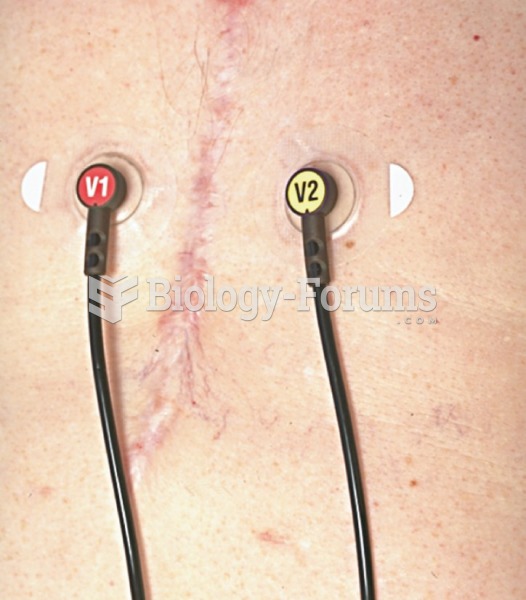|
|
|
About 600,000 particles of skin are shed every hour by each human. If you live to age 70 years, you have shed 105 pounds of dead skin.
In 2006, a generic antinausea drug named ondansetron was approved. It is used to stop nausea and vomiting associated with surgery, chemotherapy, and radiation therapy.
Asthma attacks and symptoms usually get started by specific triggers (such as viruses, allergies, gases, and air particles). You should talk to your doctor about these triggers and find ways to avoid or get rid of them.
Aspirin is the most widely used drug in the world. It has even been recognized as such by the Guinness Book of World Records.
Historic treatments for rheumatoid arthritis have included gold salts, acupuncture, a diet consisting of apples or rhubarb, nutmeg, nettles, bee venom, bracelets made of copper, prayer, rest, tooth extractions, fasting, honey, vitamins, insulin, snow collected on Christmas, magnets, and electric convulsion therapy.
 A noose hanging from a “Liberty Tree” reveals this artist’s bias: The “tar-and-feathering” of a Brit
A noose hanging from a “Liberty Tree” reveals this artist’s bias: The “tar-and-feathering” of a Brit
 Common skin signs are often evidence of an illness or disorder. A fissure is a crack-like sore or ...
Common skin signs are often evidence of an illness or disorder. A fissure is a crack-like sore or ...





